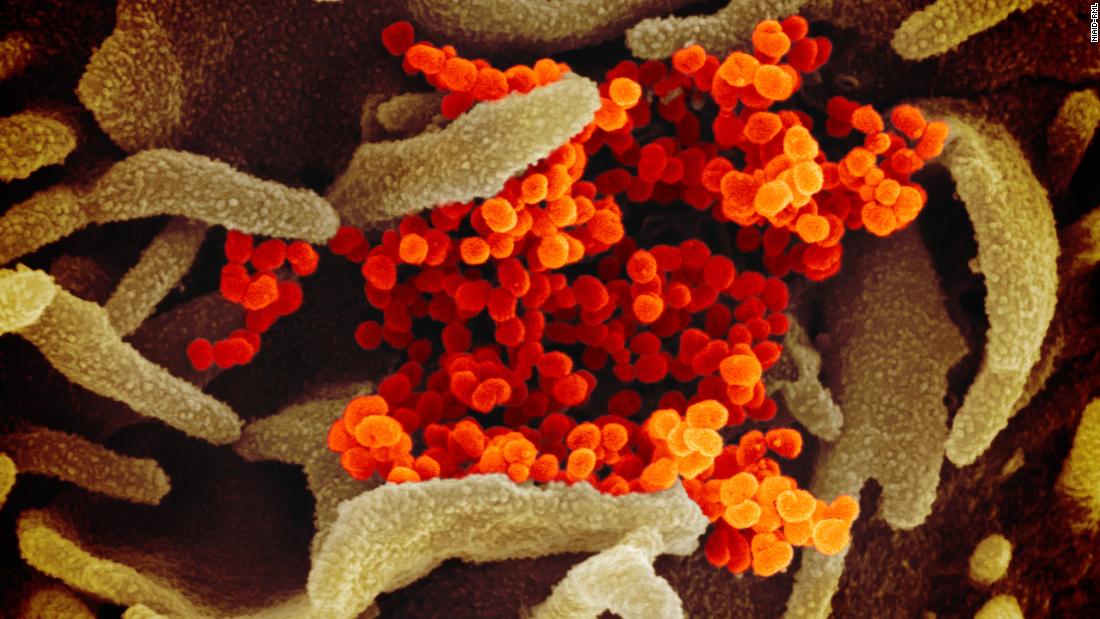A new study published Monday provides additional evidence that severe Covid-19 can affect brain function.
The study, published in the journal JAMA Network Open, used advanced techniques to examine the brains of people with severe Covid-19.
The study found that patients with severe Covid-19 – and no other clear reason for their neurologic symptoms – were more likely to have movement disorders such as tremor or seizures, frontal lobe syndrome or brainstem impairment, which can cause problems with planning and social behavior.
These patients were defined as having Covid-19-related encephalopathy, or CORE.
“In our study, we showed that patients with CORE mostly had movement disorders (mainly seizures and/or myorrhythmia), brainstem impairment (oculomotor disorders such as head bobbing) and frontal syndrome (disinhibition and grasping),” the researchers wrote.
The study was conducted at a single hospital in Paris between March 30 and June 11, 2020. It included 78 patients with severe Covid-19 who also underwent a special test looking at electrical firing of brain cells during their hospitalization, called an electroencephalogram, or EEG. Many, but not all, of these patients also had other advanced imaging techniques performed, such as brain magnetic resonance imaging, or MRI
Of the 78 patients included in the study, nine were found to have CORE
While the cause of brain changes in people with severe Covid-19 is unknown, the findings reinforce the hypothesis that the virus could be invading the frontal lobe through nerves in the nose, the researchers said.
The researchers also developed a tool using the patient’s clinical presentation, EEG and MRI to predict which people are more likely to develop CORE. But more research on CORE is needed to determine the utility of such a tool.

